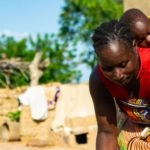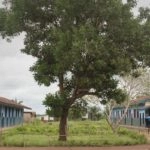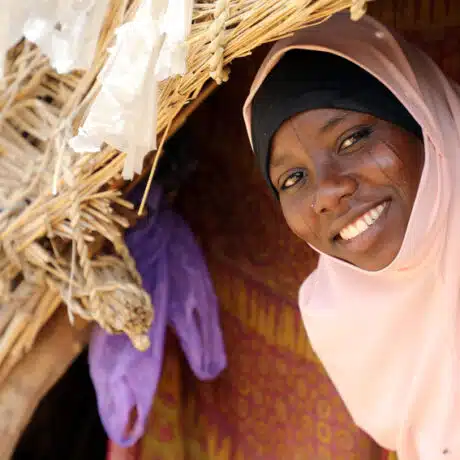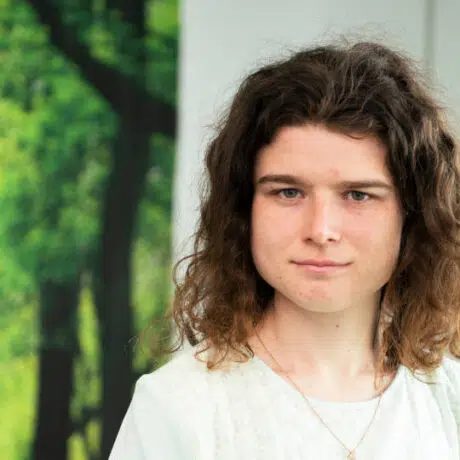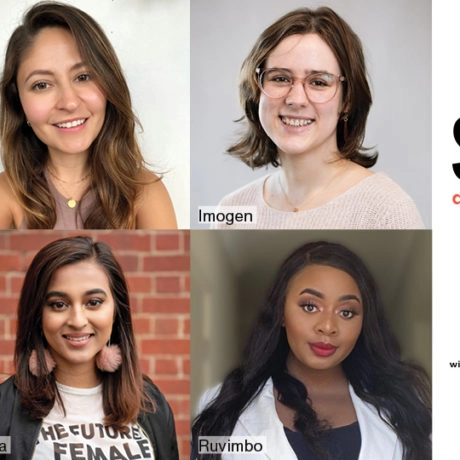News and Stories - Gender equality - 26 June 2022
Free to Be: A journey
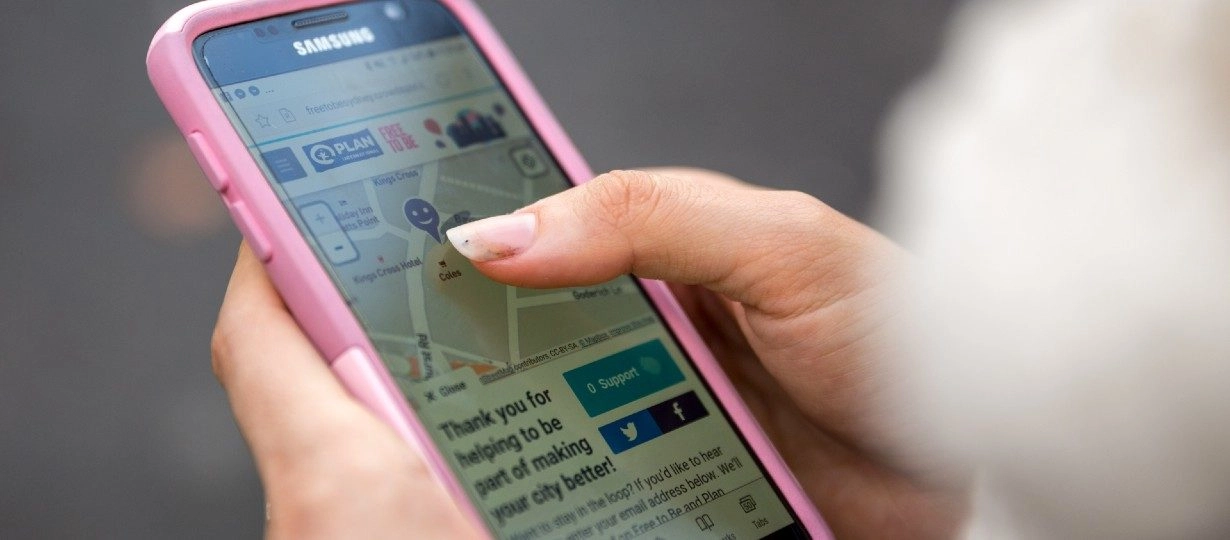
It shouldn’t be revolutionary that cities be designed to be safe and free of harassment. Or that half the population might be considered in their design. But it is.
Plan International has been working to change that through our Safer Cities work, both here in Australia and around the globe. In Australia, we’ve had a number of wins along the way, the latest being the NSW Government announcing a $30 million investment into 10 pilot projects to co-design parts of the city with girls and women, and address street harassment.
This decision was in part, inspired by our 2018 Free to Be research report, Unsafe in the City, and through this investment, the NSW Government has made it clear that they are listening to young people’s calls to make our cities safer.
However this kind of progress doesn’t happen overnight, so today we’re looking back at some of the key moments in the Free to Be journey that led to this point.
What is Free to Be?
In 2018, in collaboration with CrowdSpot, Monash University’s XYX Lab and young women, we designed a project to capture the lived experiences of safety of girls and young women across Sydney, with methodology drawing from our Safer Cities work internationally.
Free To Be was a platform where the real stories of women could be unearthed and taken to people in positions of power to advocate for change. The interactive map invited girls and women to drop pins – happy or sad – on places they love, avoid, feel safe in and those that can be improved.
Following a pilot in Melbourne in 2016, we rolled out an improved version of our crowd-mapping tool to five cities across five continents.
In 2018, Free to Be enabled young women in Sydney, Delhi, Kampala, Lima and Madrid to identify and share public spaces that make them feel uneasy and scared, or happy and safe. It has empowered young women in these cities to call out unsafe experiences and geographically identify spaces where change needs to occur.
Unsafe In The City report
Through the ground-breaking research that stemmed from the Free to Be data, thousands of girls and young women shared their stories of harassment and violence for the first time, providing a never-before seen glimpse of what they experience in their cities and the impact this has on their lives.
Based on research in Delhi, Kampala, Lima, Madrid and Sydney, Unsafe in the City revealed relentless sexist and sexual harassment and abuse – and calls for specific actions to allow girls and young women to live without experiencing fear or discrimination on our streets.
Following the release of this report on International Day of the Girl in 2018, Plan International Youth Activists spent time advocating with the Greater Sydney Commission, NSW transport authorities, and other organisations to implement the recommendations.
Girls’ Safety Walks
As part of the Unsafe in the City report launch in Sydney, we facilitated a young women-led Girls’ Safety Walk on International Day of the Girl 2018.
Our youth activists took key stakeholders on an immersive walk around the city, looking at ‘hot spots’ and leading activities based on the data and young women’s stories.
These walks gave planners, decision makers and local leaders a glimpse into the experiences of girls and young women as they move around our cities. By drawing attention to the themes from the Free to Be data in a practical way, it helps participants identify how their work can influence the experiences of women and girls.
Reporting to Authorities report
Utilising data collected via the Free to Be project in 2018 with Monash XYX Lab and Crowdspot, the ‘Reporting to Authorities’ report was a major study on street harassment, and urged authorities to improve reporting outcomes for girls and young women.
Across five cities, the report found that young women’s reports of harassment were largely trivialised by authorities, with responses ranging from belittling, disbelief and dismissal, to further harassment from authorities themselves and a complete lack of justice, resulting in frustration and a lack of trust in the system.
Women’s Safety Charter
In March 2020, spurred on by the 2018 Free to Be research report, Unsafe in the City, a new Women’s Safety Charter, designed to guide efforts by city-makers and government organisations to make Greater Sydney a safer place for girls and women, was launched by the Greater Sydney Commission in collaboration with Transport for NSW and the Committee for Sydney.
The charter also drew from the Women’s Night Safety Charter operating in London, and our work with the Committee for Sydney on the social and economic impact of girls and women being and feeling unsafe in the city (Safety After Dark, 2019).
To address the research recommendations, the Sydney charter went beyond international initiatives like London’s Night Safety Charter by:
- Acknowledging that the research shows harassment and abuse doesn’t just happen at night;
- Focusing on improved reporting processes; and
- Establishing mechanisms for ongoing data collection to build understanding of the issue.
Directly after the Charter launch, Transport for NSW threw their weight behind it by announcing the ‘Safety After Dark’ Innovation Challenge to find new and effective ways to combat the problem of harassment on public transport.
This was another big win. as the Free to Be research showed that the majority of harassment and abuse in public spaces happens on and around transport.
$30 million for safer cities in NSW
Last week’s announcement by the NSW government of a $30 million commitment to stopping street harassment is the latest and largest win of our Free to Be research so far.
As a result, public spaces, parklands and public transport in NSW will undergo a safety overhaul in consultation with girls and young women.
The announcement is a response to decades of survivor’s advocacy, girls and young women’s calls to action and fuelled by research from Plan International Australia (Free to Be, 2018) on how safe girls and young women feel as they move around cities.
We look forward to seeing the pilot projects progressed and expanded across the state, so that all children and young people are free to be themselves without fear in our streets.

